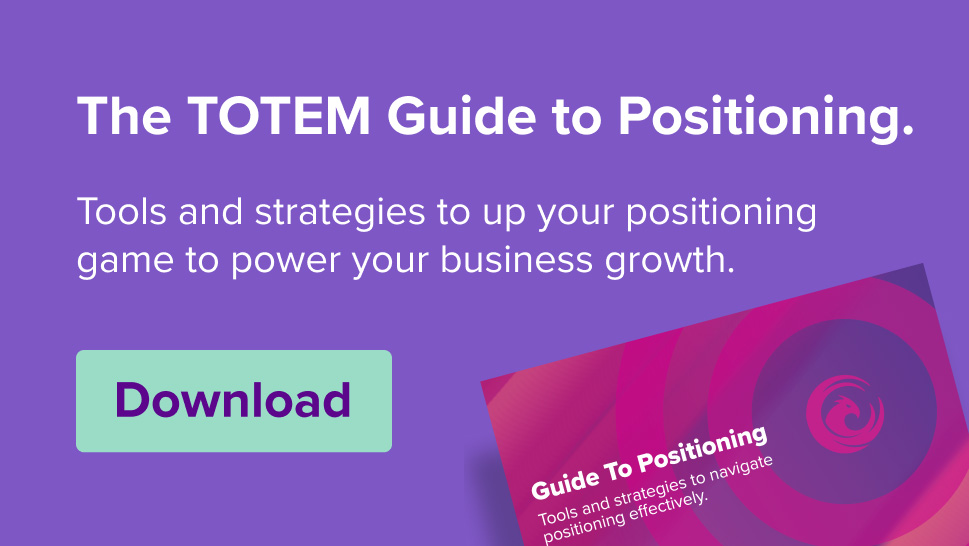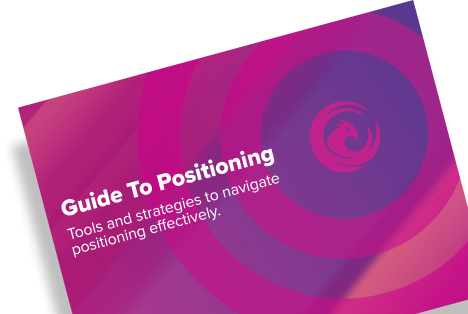Why have multiple brand names globally?
For a company to make the decision to create a different brand name for a different geographic location and to manage these multiple brand identities in the long-term, is a big decision. Extra costs, lack of consistency and lost brand equity all must be considered.
It may be something, as a consumer, you’ve already encountered with some big brands on your travels. And wondered why they changed. Well, chances are, they had some pretty compelling reasons that fell into one or more of the below categories.
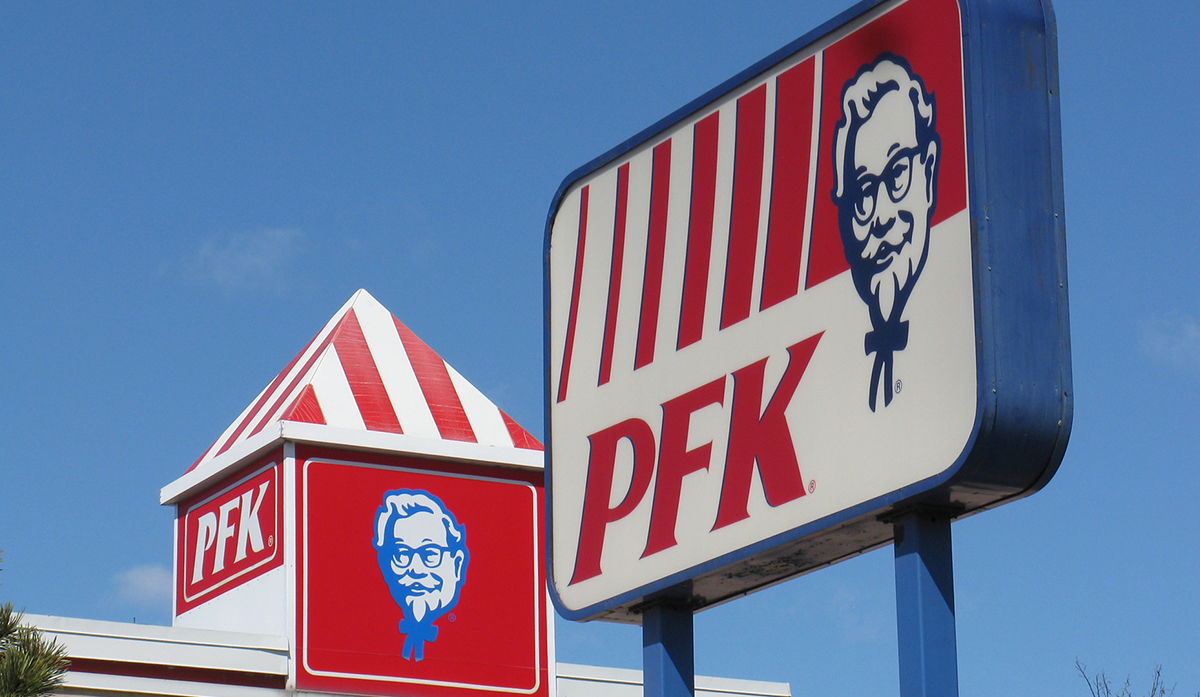
1. A need to comply with local rules and regulations.
When you are moving into a new location, you need to take any local rules into account. For example, Kentucky Fried Chicken, or the chain we know as KFC, operates under the brand PFK in Quebec – a French speaking province in Canada.
To comply with the province’s strict naming rules, the restaurant had to take the French initials of Poulet Frit Kentucky.
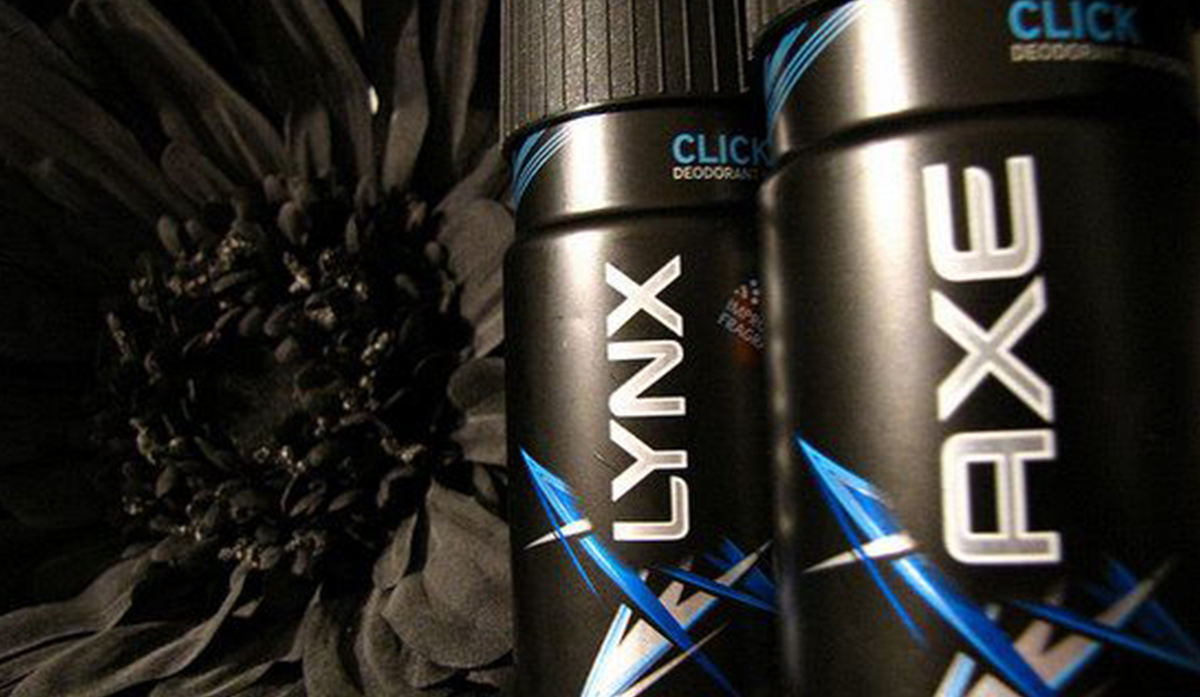
2. Because of trademark issues in certain countries.
In Ireland, the deodorant we know as Lynx is actually only a brand name that applies in a handful of countries. It was originally launched by Unilever as Axe in France – a brand name it still operates under globally.
However, trademark issues meant that here, in the UK, Australia, New Zealand and Japan they had to operate under a different name. And so, the brand we know and love as Lynx was born.
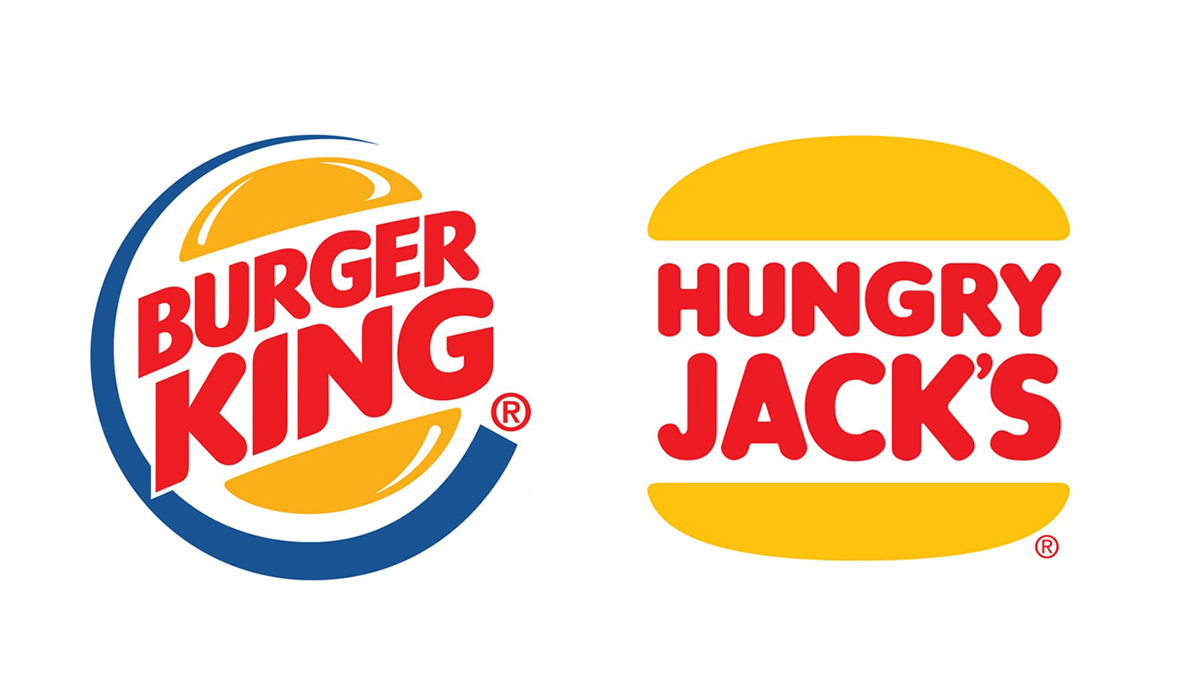
Another example of this, is with Burger King – the famous fast food brand that began in the US and has spread all over the world. It’s a well-known brand in Ireland too, but if you are visiting Australia and want to try and track down a Whopper Burger you’ll have to head for a ‘Hungry Jack’s’ the brand name it operates under there.
When Burger King first tried to expand Down Under, their first franchisee Jack Cowin hit a bit of a roadblock – it emerged that there was another existing company with the name Burger King. They didn’t want to stop the expansion or change their existing brand – so instead they let Jack choose a new name for Australia only. And so Hungry Jack’s was born.
3. Because it gets lost in translation.
Sometimes when your brand name is translated into another language it can take on a whole other meaning. Here are some examples of where brand translations have gone badly wrong.
– When Vicks introduced their cough drops into the German market, they didn’t realise that the German pronunciation of “v” is “f” making “Vicks” sound like the slang for sexual intercourse.
– There was a bit of an oversight at Ford, when it came to launching and marketing their new Pinto car in Brazil, because the term in Brazilian Portuguese means “tiny male genitals.”
– And finally, Clairol decided to launch their popular curling iron called “Mist Stick” in Germany even though “mist” is German slang for manure.
Jokes aside, getting lost in translation is a big challenge for growing global brands. It’s not just the literal translations that are issues. Often it is local slang and colloquiums that are the challenge. The only way to avoid it is to work with local marketing experts who know the region and market you are entering.
4. Or because it no longer fits the criteria of a good name.
You may remember from our previous blog on naming, that a good name should ideally fit seven key criteria. As well as being protectable and extendable, it should be easy to spell and say, likeable, brief, distinctive and appropriate; it needs to fit with your business purpose and objectives.
Sometimes, when you evaluate your name from the perspective of a new marketplace and target audience geographically you find it’s not as strong as you would like. This was the case for HengTian. It wasn’t as easy to correctly say or spell for an American and European customer base. It wasn’t as distinctive. And most importantly it wasn’t as appropriate.
The core message and meaning behind the name wasn’t cutting through. And with new US and European bases being established in Boston and Cork, a difficult decision was made to change a much-loved name to better suit these markets. And the unique and tailored offering that were being developed for clients in each.
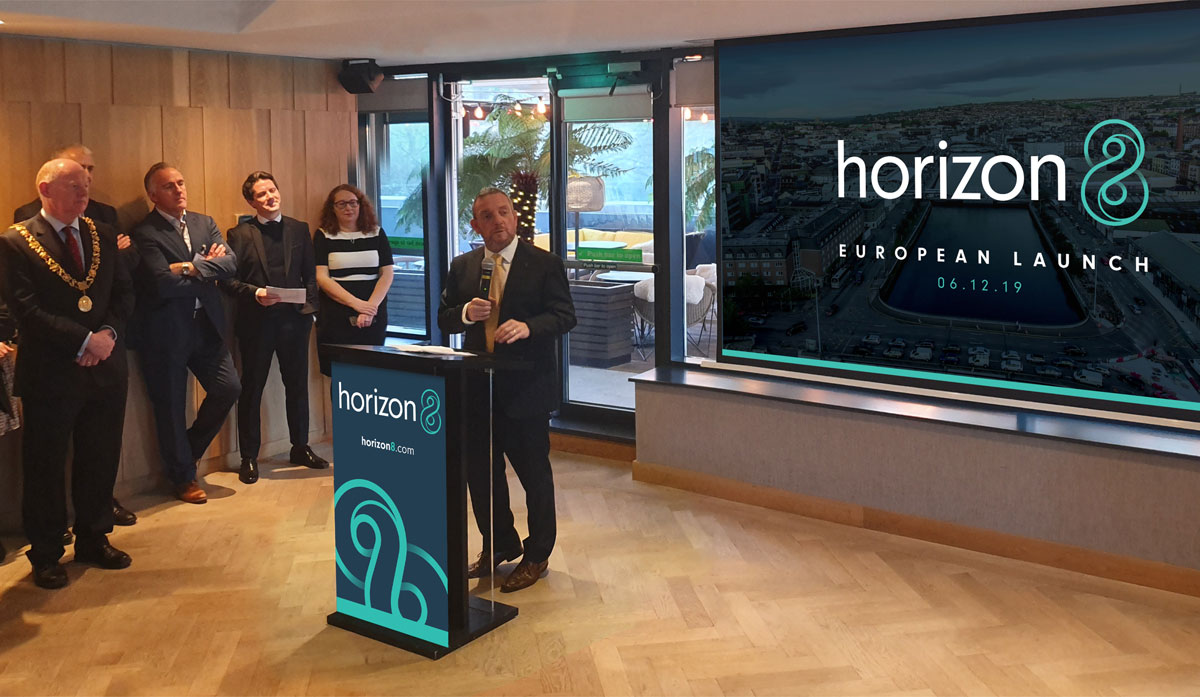
Creating the right name, for the right market.
When the HengTian management team made the decision to create a new brand name for the European and US arm of their company, they approached us at TOTEM to support them in the process.
Our brief was to find a strong brand name that would communicate who they were, what they stood for and would better connect with their new target audiences. The naming process we followed, is the same one we follow for all projects. We started by listening.
We had a brainstorming session with key members of the management team around the world where we delved into who the company is, what it stands for and values and the cutting-edge solutions it will be uniquely offers its US and European clients.
We then began our own creative brainstorm – where we started by thinking as big, abstract and wide as possible, before we started refining and stepping back to objectively assess the names against the criteria for a good a name.
For HengTian there was one, very clear forerunner from the start – Horizon8.
It’s inspired by the meaning behind the original brand name, which translates as everlasting day or unlimited horizons, with the figure 8 symbolising the infinite possibilities that their ever-evolving data-analytics, AI and enterprise blockchain solutions create for clients.
We couldn’t have been prouder to be there to celebrate Horizon8’s European launch in Cork, with a name now fit for this company’s ambitious aspirations for the future.
Sources:
https://blog.hubspot.com/agency/brands-different-names-different-countries-infographic
https://www.inc.com/geoffrey-james/the-20-worst-brand-translations-of-all-time
